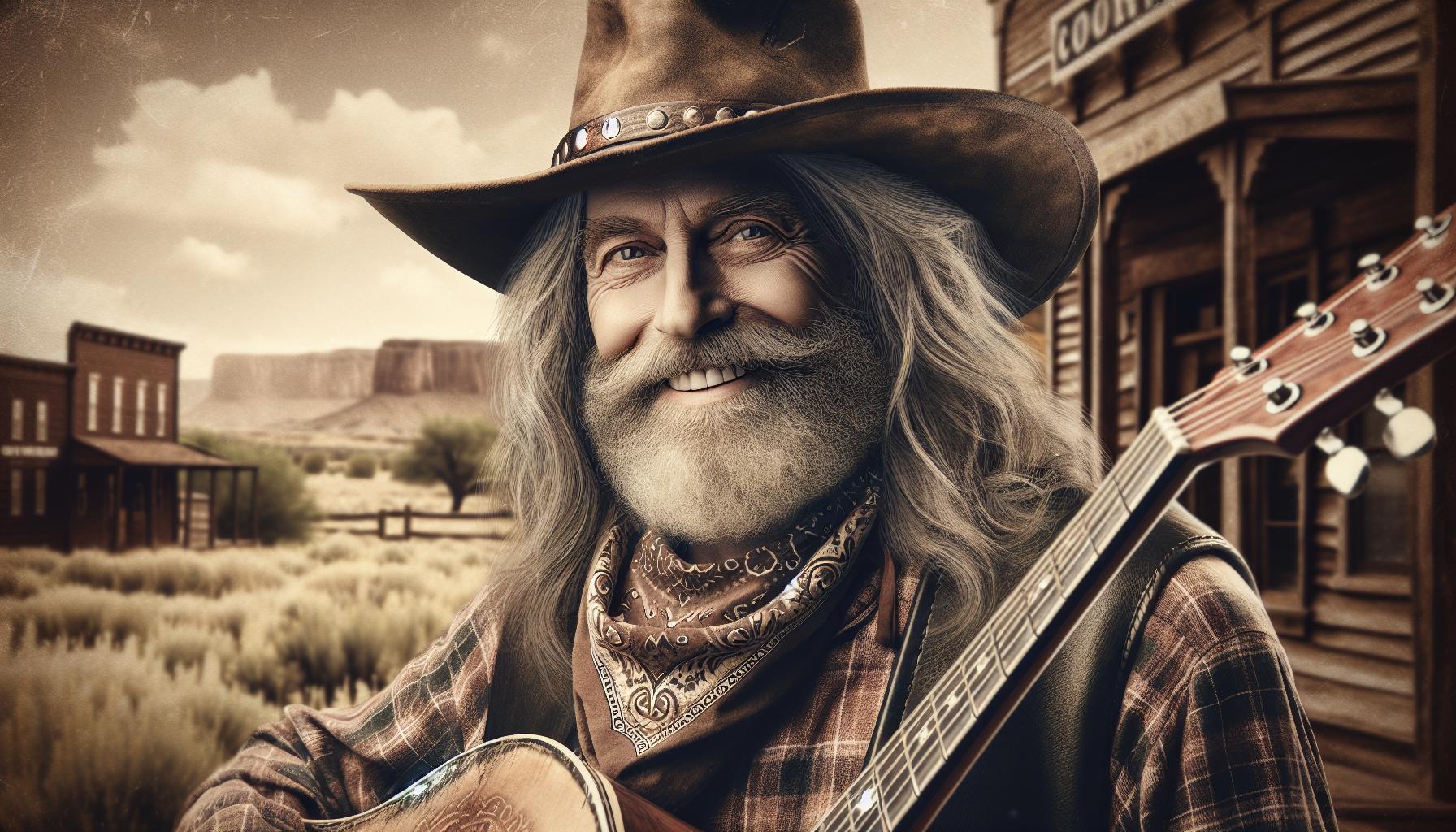When it comes to iconic films, Brokeback Mountain holds a special place in cinema history, but did you know that Willie Nelson almost made a cameo? Imagine the legendary country star strumming his guitar amidst the breathtaking Wyoming landscape while delivering poignant lines that tug at the heartstrings. It’s a pairing that could’ve given the film a whole new vibe—one part cowboy romance, two parts country ballad.
Willie Nelson Brokeback Mountain
Country music icon Willie Nelson almost made an appearance in the film Brokeback Mountain. His potential cameo added a layer of intrigue to the narrative. Featuring Nelson in the movie could have harmonized with the film’s themes of love and longing. Strumming his guitar against the breathtaking Wyoming landscape might have deepened the emotional resonance of key moments.
Producers and directors recognized Nelson’s status in the country music scene. His unique sound captures the essence of cowboy culture. Many fans see his music as a perfect complement to the film’s bittersweet story. Imagining him performing an original song within the film piques interest, as it could intensify the overall atmosphere.
Although his participation didn’t materialize, his influence remains significant. The film’s soundtrack features various artists and songs that echo the spirit of Nelson’s style. Listeners often draw parallels between the film’s music and Nelson’s storytelling approach. Such connections enhance the viewing experience for audiences familiar with his work.
Critical discussions often include the impact of country music on the film’s narrative. Audiences appreciate how the genre reflects themes of love, loss, and resilience. In essence, Nelson’s involvement, even in an imagined capacity, emphasizes the cultural blending present within the story of Brokeback Mountain.
Significance of Brokeback Mountain

Brokeback Mountain holds a crucial place in cinematic history, influencing perceptions of LGBTQ+ narratives. Its portrayal of complex relationships between two men generated significant discourse within the film industry.
Cultural Impact
Cultural conversations shifted noticeably following Brokeback Mountain’s release. The film challenged traditional portrayals of masculinity and love, resonating with diverse audiences. Visibility for LGBTQ+ stories increased, prompting other filmmakers to explore similar themes. Social movements also gained momentum, advocating for equality and acceptance. As a result, the film’s impact extends beyond entertainment, sparking critical discussions about love, identity, and society’s perceptions.
Musical Contributions
Musical elements in Brokeback Mountain significantly enhance its narrative depth. The soundtrack, featuring various artists, reflects the emotional nuances of the story. Music plays a key role in conveying themes of longing and sorrow. For instance, songs evoke stark imagery akin to Willie Nelson’s style, bridging connections between characters’ experiences and the wider cultural context. The scores intertwine with the film’s visuals, creating an immersive atmosphere that captivates audiences.
Analysis of Willie Nelson’s Music in the Film

Willie Nelson’s unique musical style aligns smoothly with the themes woven throughout Brokeback Mountain. Producers recognized his ability to amplify emotion and storytelling through music.
Key Songs Featured
The film’s soundtrack includes contributions from various artists, each resonating with the narrative’s emotional weight. Notably, “I Don’t Want to Talk About It,” performed by Rod Stewart, encapsulates the heartache faced by the characters. Additionally, songs by other musicians like Gustavo Santaolalla’s instrumental pieces echo the landscape’s beauty, reflecting the characters’ internal struggles. The choice of music evokes the spirit of Nelson’s style, emphasizing love and loss within the story.
Emotional Resonance
Music in Brokeback Mountain enhances the emotional landscape, articulating unspoken feelings. Each song complements pivotal scenes, allowing viewers to immerse themselves fully in the characters’ experiences. Longing and sorrow emerge clearly through carefully selected tracks, revealing the profound connections between love and pain. These musical moments frame the narrative, making their struggles relatable and authentic. The emotional depth created by the soundtrack solidifies Brokeback Mountain as a memorable exploration of human relationships and societal constraints.
Legacy of Willie Nelson in Film

Willie Nelson’s influence in film goes beyond his potential appearance in Brokeback Mountain. His music often embodies the spirit of the American West, making it a fitting backdrop for various cinematic narratives. Songs like “On the Road Again” and “Always on My Mind” capture emotions that resonate within storytelling.
Numerous films have featured Nelson’s music, highlighting his role as a cultural icon. In films such as The Electric Horseman and Wag the Dog, his songs enrich the emotional landscape, providing depth and connection. Audiences relate to the themes of love, loss, and resilience present in his lyrics.
Collaborations with filmmakers further solidify Nelson’s impact. Directors and producers recognize his ability to evoke genuine feelings through music. His participation in soundtracks often bridges gaps between genres, appealing to diverse audiences while enhancing a film’s authenticity.
Musical contributions often align with the overall narrative, creating synergy between visuals and sound. Soundtracks that include Nelson’s work can evoke nostalgia and remind viewers of universal experiences. The blend of his distinctive style with cinematic storytelling creates unforgettable moments on screen.
Ultimately, Willie Nelson’s legacy in film extends through his timeless music and its emotional resonance. His artistry helps shape narratives, reflecting complex human experiences and elevating the storytelling process. As a symbol of country music, his work remains integral to the cinematic experience, inspiring filmmakers and audiences alike. Willie Nelson’s potential cameo in Brokeback Mountain could’ve added a distinctive layer to the film’s emotional depth. His signature sound aligns perfectly with the themes of love and longing that permeate the narrative. Although his involvement didn’t happen, the essence of his music continues to resonate within the film’s soundtrack and its broader cultural impact. Brokeback Mountain remains a pivotal work that reshaped conversations around LGBTQ+ narratives and masculinity. The film’s exploration of human relationships is enriched by the carefully selected musical elements. Nelson’s influence, whether directly or indirectly, underscores the importance of music in storytelling, making it an essential part of the cinematic landscape.



